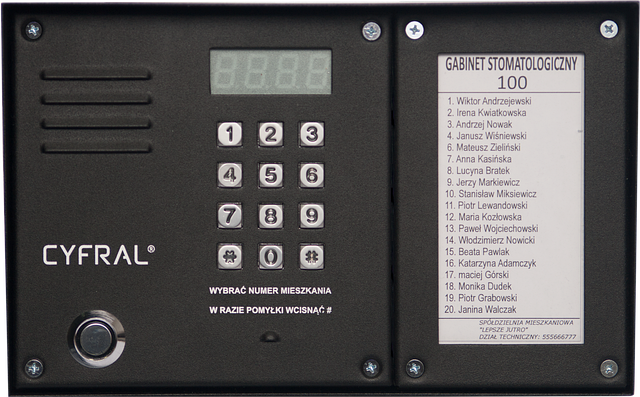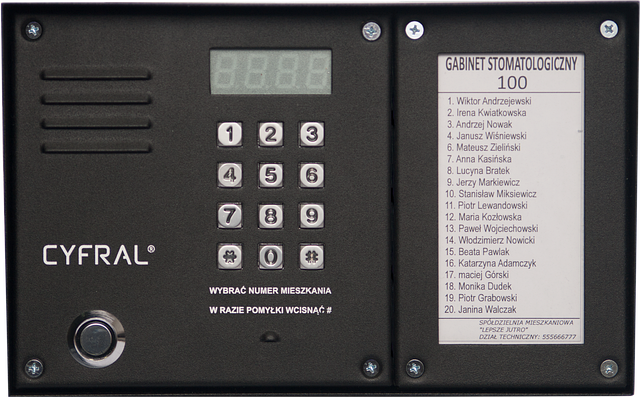In the real estate sector, effective communication and mutual respect between landlords and tenants are key to a positive rental experience. Landlords who actively listen, address issues promptly, and maintain transparency build trust and loyalty among tenants. Regular updates, clear expectations, and open dialogue encourage tenant feedback, resolve conflicts, and create a harmonious living environment in the competitive real estate market. Recognizing tenants' contributions and milestones further strengthens these relationships, leading to satisfied residents and reduced turnover rates.
In the dynamic world of real estate, fostering positive landlord-tenant relationships is paramount for mutual success. This article explores key strategies to enhance these partnerships, focusing on building trust through open communication, setting clear expectations, and addressing concerns promptly. We’ll also delve into the power of showing appreciation and recognizing tenant milestones. By implementing these practices, landlords can create a harmonious environment that benefits both parties.
Building Trust and Communication

Building trust and open communication are foundational elements in fostering positive relationships within the real estate sector, particularly between landlords and tenants. A landlord who actively listens to their tenant’s concerns, addresses issues promptly, and maintains transparency creates an environment of mutual respect and understanding. Tenants appreciate when landlords are approachable, readily available, and responsive to their needs, ensuring any issues or queries are handled efficiently.
Effective communication involves regular updates, clear expectations, and a willingness to compromise. Landlords should provide concise and timely information about maintenance requests, rent payments, and policy changes. Establishing open dialogue encourages tenants to voice their opinions, share feedback, and offer solutions, strengthening the overall relationship. This two-way interaction is key to resolving conflicts, building loyalty, and creating a harmonious living environment in the real estate market.
Setting Clear Expectations and Addressing Concerns

In the real estate industry, fostering strong landlord-tenant relationships is paramount for a harmonious rental experience. A key aspect of this lies in setting clear expectations from the outset. Landlords should communicate openly with tenants about house rules, maintenance responsibilities, and payment terms to ensure everyone understands their roles and rights. This transparency creates a foundation of trust and respect, addressing potential concerns before they arise.
When tenants have questions or worries, landlords should be approachable and responsive. Regular check-ins and open dialogue allow for the quick resolution of issues, fostering a collaborative environment. Addressing tenant concerns promptly demonstrates good faith and can prevent small problems from escalating, contributing to a positive living atmosphere and satisfied renters.
Showing Appreciation and Recognizing Milestones

In the real estate industry, fostering strong relationships between landlords and tenants is key to ensuring a harmonious living environment. One effective strategy is to show genuine appreciation for tenants’ contributions. Acknowledging their timely rent payments, well-maintained properties, or even simply expressing gratitude for being good neighbors can go a long way in building positive connections. Landlords can also recognize milestones, such as long-term tenancy, by offering small gestures like gifts or discounted rent, which not only makes tenants feel valued but also encourages loyalty.
Regular communication plays a vital role here. Personalized notes, quick responses to queries, and open dialogue create an atmosphere of trust. Landlords who take the time to understand their tenants’ needs and concerns build stronger bonds, leading to more satisfied residents and a reduced turnover rate—a win-win situation in the competitive real estate market.






